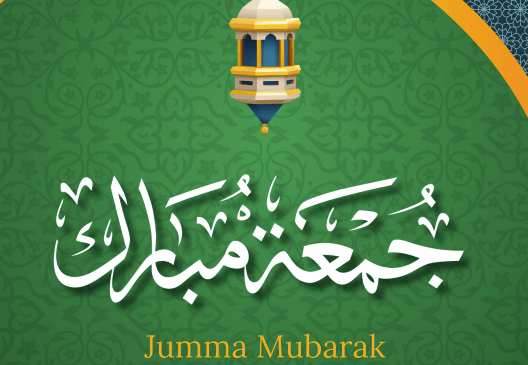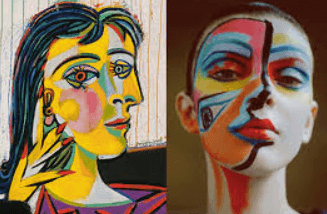Beautiful:2yajeaapha8= Jummah Mubarak

Jummah Mubarak represents more than just a weekly gathering; it encapsulates the essence of communal worship and spiritual rejuvenation. As Muslims congregate every Friday, the traditions and rituals observed serve to reinforce the importance of collective faith and individual responsibility. This day prompts reflection on our roles within the community and the broader implications of our actions. Yet, one must consider how these practices shape not only personal spirituality but also the very fabric of society itself. What deeper connections can be forged through this sacred observance?
Significance of Jummah
Jummah, or Friday congregational prayer, holds profound significance in Islamic tradition, serving as a weekly opportunity for communal worship and reflection.
The historical background of Jummah prayers underscores their importance, having been established during the time of the Prophet Muhammad.
These prayers foster spiritual significance, strengthening community bonds and encouraging collective responsibility, which ultimately enhances the overall impact on societal harmony and individual well-being.
See also: Beautiful:2xjnmoke3h0= Happy Anniversary
Traditions and Rituals
The observance of Jummah is accompanied by a rich tapestry of traditions and rituals that enhance the experience of communal worship.
Diverse prayer practices, such as the Khutbah (sermon) and congregational prayers, reflect various cultural variations across the globe.
These elements not only foster a sense of unity among worshippers but also celebrate the unique expressions of faith within different communities.
Personal Reflections
Many individuals find that their personal reflections on Jummah deepen the spiritual significance of the day.
This weekly renewal serves not only as a moment for communal worship but also as an opportunity for introspection.
Building Community Connections
Building strong community connections is essential for fostering a sense of belonging and support among individuals during Jummah.
By prioritizing community engagement and local outreach initiatives, we can create inclusive environments that encourage participation and collaboration.
These connections not only enhance individual well-being but also strengthen the fabric of our community, enabling us to thrive together in a shared pursuit of freedom and understanding.
Conclusion
In conclusion, Jummah Mubarak serves as a cornerstone of Islamic practice, embodying the principles of unity, reflection, and community. The significance of this day transcends individual spirituality, fostering relationships among Muslims and enhancing social cohesion. As the saying goes, “many hands make light work,” the collective strength found in communal worship not only uplifts individual spirits but also fortifies community bonds, creating a harmonious society rooted in shared values and mutual support.







